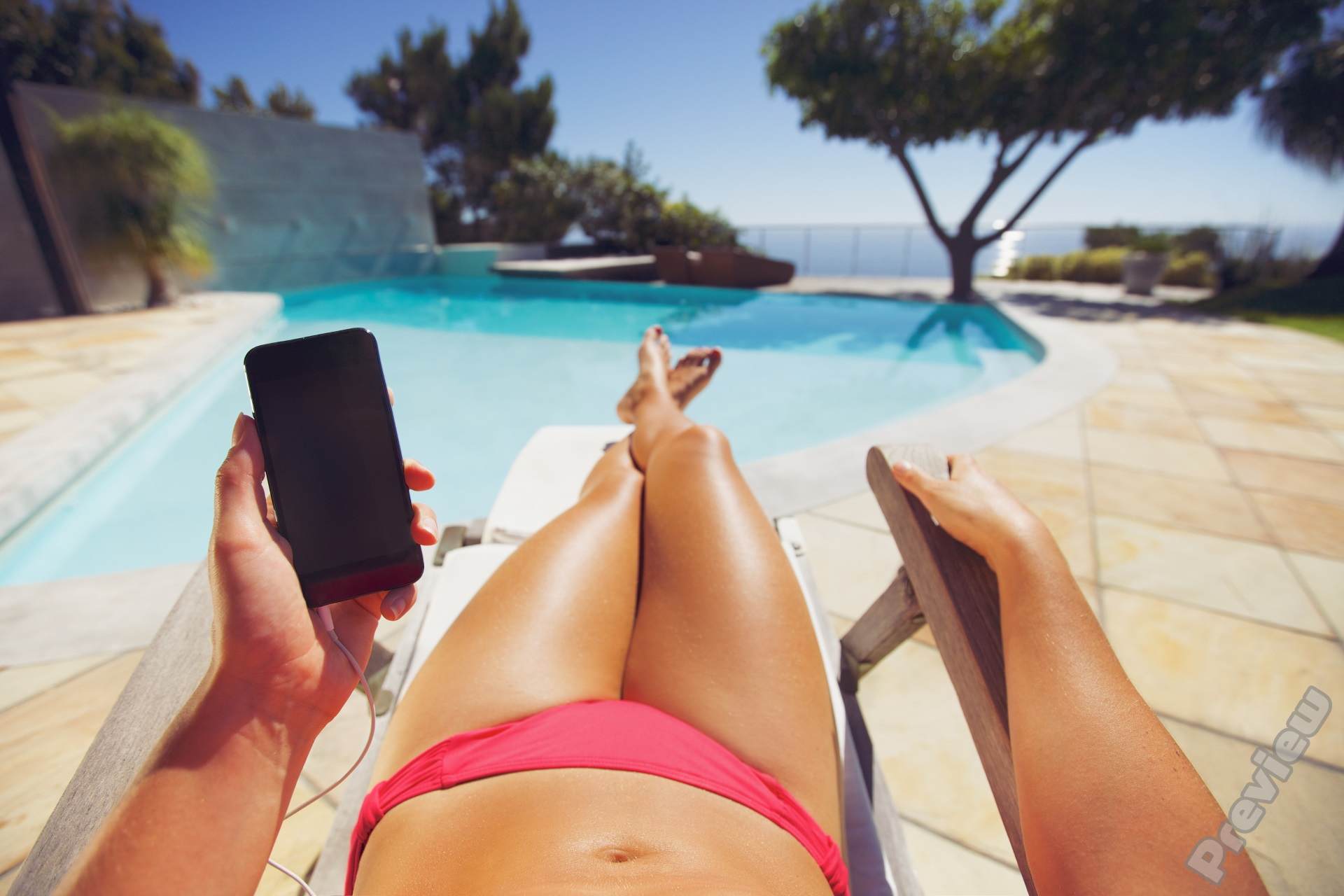Keep your babies safe this summer!!
1. Get swim lessons
The first thing you may want to consider when getting your kids pool-ready is swim lessons. (Drowning is a concern; it’s the second-leading cause of unintentional injury-related death for children ages 3 to 6 years old.) Water safety is important, and there are options when it comes to swim lessons: local parks and rec centers, the USA Swimming Foundation and private sessions are a few choices. The YMCAoffers group swim lessons as well as the free Safety Around the Water program. In this program, kids learn skills like safely reaching a pool’s edge and exiting a body of water. “These skills are vital to help prevent drowning rather than stroke development,” says Pope.
2. Supervise at all times
When the little ones head to the pool, be sure to apply sunscreen and remind them not to run. The most important pool safety factor is supervision. “One of the easiest things parents can remember in the pool is to always have adult supervision,” says Pope, “and have ‘reach supervision’ for younger children — particularly those who cannot swim.” Pope says if there’s no lifeguard, at least one adult should be the designated “water watcher,” who keeps an eye on children. Someone with CPR/first-aid knowledge is also important in case of emergencies. Training can be obtained via classes at your local hospital, YMCA or through the Red Cross, to name a few options. A Red Cross CPR class can be done online for only $25. For a hands-on experience, in-person first-aid/CPR class options can be found online at a cost of around $70 to $110. To find out about getting first-aid/CPR certified through Red Cross, call 1-800-REDCROSS.
3. Ramp up pool party security
When it comes to pool parties, YMCA of San Diego County’s Courtney Pendleton says that hiring a lifeguard can add a layer of safety. “Many children know how to swim, which tends to make parents not watch as closely as they should,” she notes. “Pool emergencies can happen in the blink of an eye,” says Pope. “Close supervision is key, but swim lessons and water safety should begin at a young age.” A lifeguard can make up for that reduced caution. To find one for hire, inquire at your local community pool or call a private lifeguard company like Happy Swimmers.
4. Know the facts about flotation devices
Flotation devices can help kids mobility in the pool and give parents peace of mind, but they don’t ensure safety, so be sure to remain watchful. Some swim experts even discourage the use of “floaties,” noting that they may give children false confidence. Water wings and other floatation devices can be dangerous, writes Water Safety Magazine’s Jenelle Lockard. “Because water wings are used on the upper arms, they prevent a child from using the correct swimming stroke or motion to move themselves through the water,” she explains in her column, Just Add Water. “Plus, if a child raises their arms above their head, their head can sink down below the water’s surface causing panic and again drowning if not watched.”
5. Be aware of dry/secondary drowning
Lately, there’s been a push in awareness of dry drowning and secondary drowning. Dry drowning happens when water a child has breathed in causes their vocal cords to spasm and close up. Secondary drowning occurs after swimming or bathing from water inhaled into the lungs, causing trouble breathing. Again, prevention comes down to awareness, says Pope. While both dry drowning and secondary drowning are fairly uncommon, parents should be aware of the signs and symptoms. The symptoms for both are the same, according to WebMD: coughing, chest pain, trouble breathing and feeling extremely tired. Get medical help if your child experiences these symptoms and/or suddenly has a drop in energy or a change in behavior. But again, these conditions are extremely rare so there’s no cause for alarm. If your child has taken swim lessons and there’s an adult supervision the pool, they’re ready for some fun in the sun!


